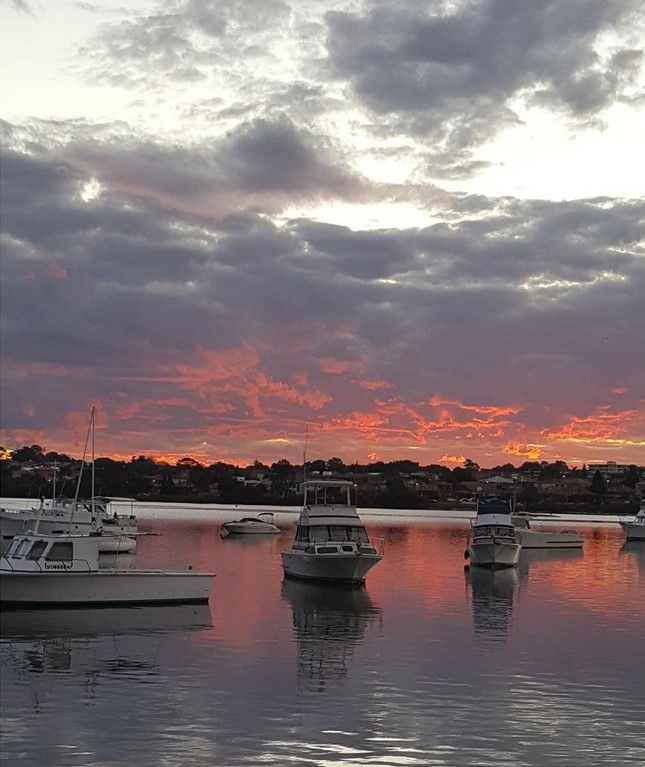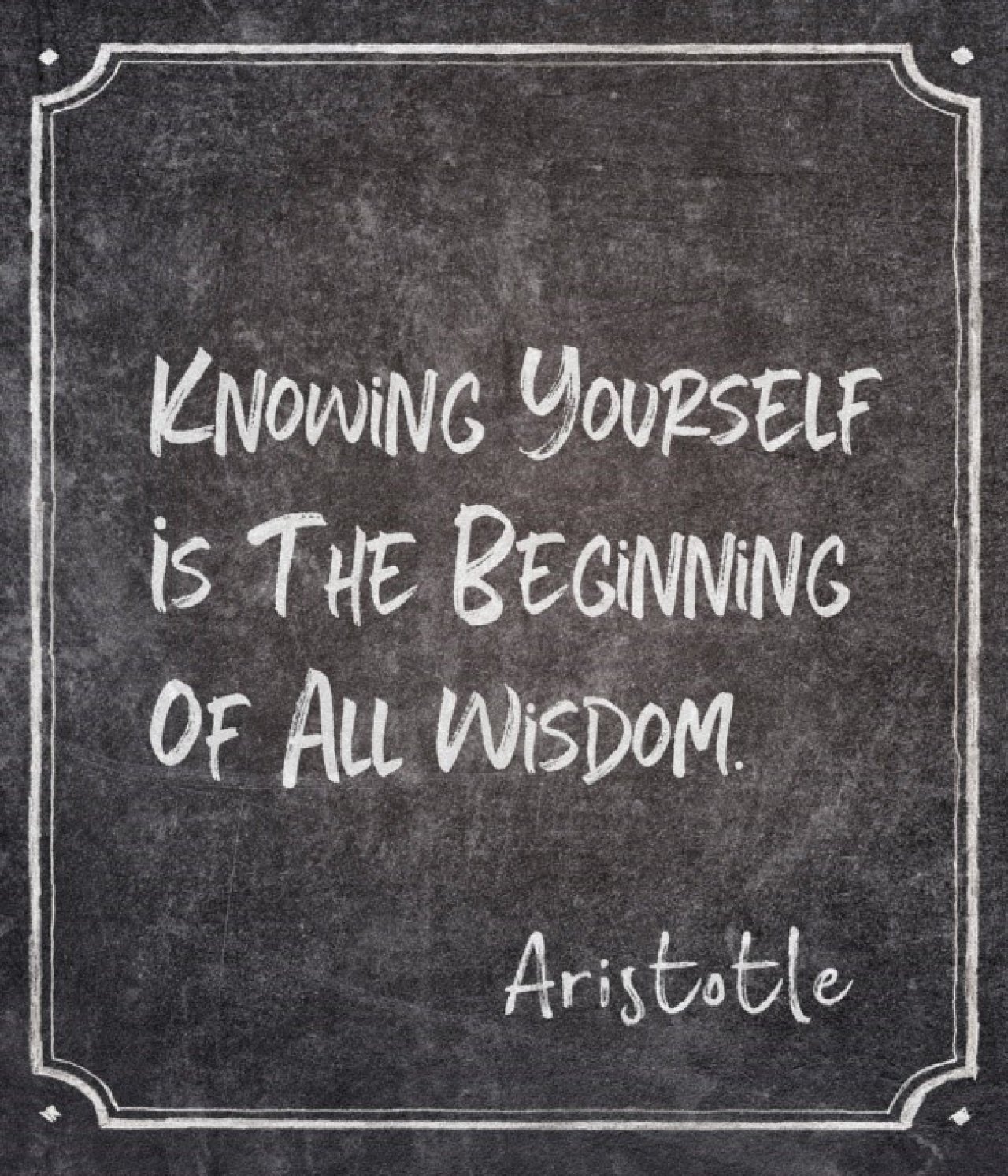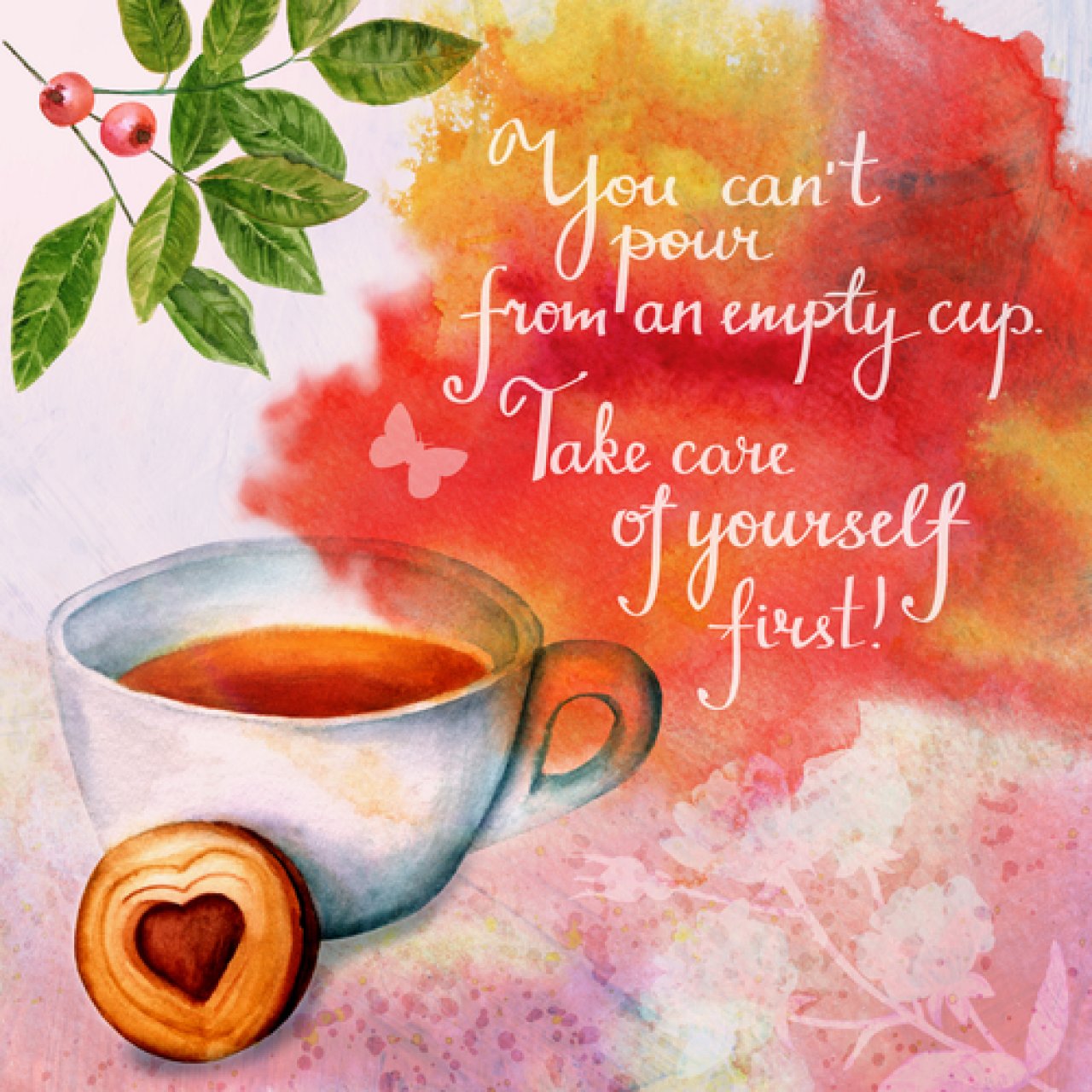
What’s The Lesson
Building on my January mantra of:“Find the joy in every day and situation, no matter the circumstances,” my mantra for February has been “What’s the Lesson?” I had decided that following some demanding situations at the end of 2017 that I would find the joy in every situation, and was delighted to find that there is always joy in every situation and every day. This got me thinking that if we were asking ourselves to find the joy, and the circumstances were challenging, then we should also ask ourselves “What’s the lesson?”
At the start of February, I started asking what’s the lesson regardless of whether it was a small or a major adverse event. A significant learning event for me was my ongoing shoulder injury, given that the accident had taken place at the end of November, the ongoing pain, discomfort and lack of mobility of my left shoulder and arm. I truly believe the major lesson from this for me was to slow down! How has this played out throughout February?
I have travelled less, so I have enjoyed more time at home which I have loved; going to the gym and running has not been possible, so I have done a lot more walking. I have discovered beautiful local gardens, filled with roses, tropical jasmine and frangipani trees, filling the air with natural perfumes. I have discovered the favourite tree on the Bay Run for rainbow lorikeets to gather. I look forward to seeing them on my walks, something I did not notice before when I was running. I have been reminded of how simple, yet stunning and therapeutic nature is and that it is right on my doorstep. When we are too busy “doing” we forget how to be human beings!

Another lesson has been greater awareness of others and their needs. I have been more aware and mindful of people with mobility issues, and this has increased my patience and empathy. I have come to experience the frustration of feeling physically challenged, and I am yet to have surgery in March which will make me even more physically challenged for 2 – 3 months. That has spun off another lesson in terms of being better prepared. I have researched what I will and will not be able to do following surgery, such as not being able to drive for 6 weeks, no strenuous exercise for 2 – 3 months, and not being able to use my left shoulder and arm for 6-8 weeks. I have been cooking and freezing meals for when I must operate with one arm only. This is to ensure I minimise expectations of others having to do things for me. Planning for the next three months is an act of self-preservation and consideration – for myself and others!
This got me thinking that the lessons learnt should not only be about challenges and problems, they should also be about good, inspiring and motivating lessons. I think it is easier to ask what’s the lesson when we are challenged, afraid, taking a risk, or have made a mistake. Asking the same question when life is good and circumstances are favourable, is an opportunity for reflection, gratitude and generosity.
I have realised that lessons need not be only about mistakes, it is also about recognising the fortunate lives most of us experience daily. I am so grateful that I have not injured my right shoulder, given I am right-handed. We have clean, running water whereas more than 50% of the world’s population do not; and Cape Town, a city the size of Sydney may run out of water in the next 3 months. Despite our high energy prices, we have electricity, when more than 50% of the population do not. Frustratingly, I know (and experience) that technology, the internet and NBN aren’t 100% reliable, yet more than 3 billion people in the world do not have access to any technology. The simple things in daily life are lessons in themselves, clean water, electricity, three meals per day and personal safety, at a time of great global instability.

Lessons from adversity teach us to reflect on what went wrong, why and to ask what would I do differently next time? Lessons from finding the joy teach us gratitude, the opportunity to be of service to others and to remember we are so much more fortunate in Australia than more than half the world’s population. Remember, whether things are going well, or things are going wrong, do not become complacent or despair for too long, as:
“This too shall pass.”
@avrilhenry




